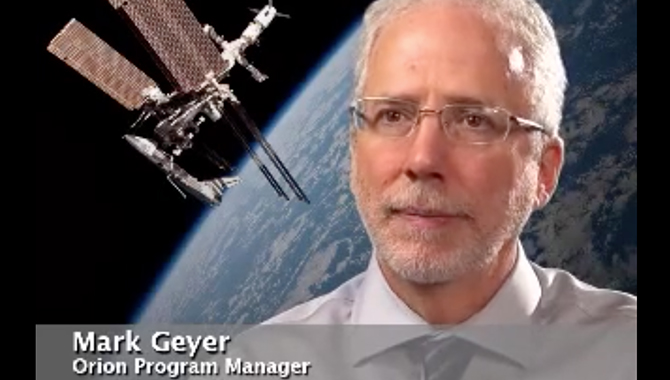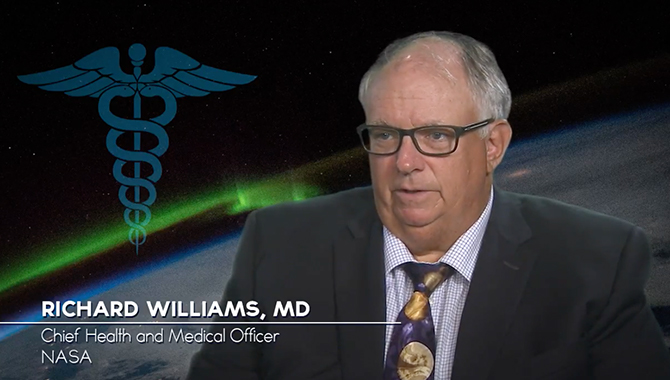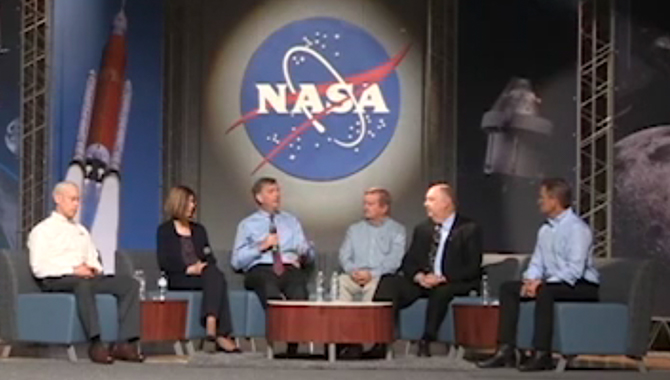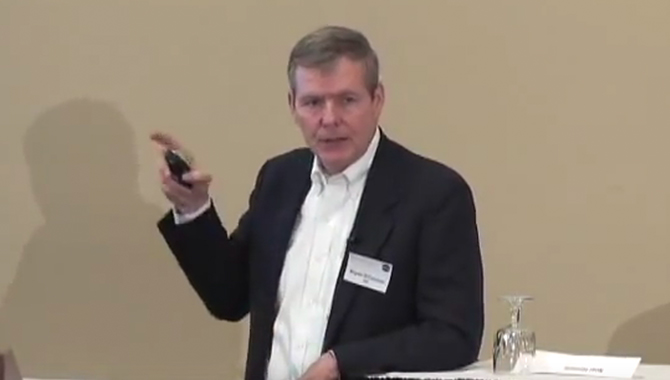Learning from failures can help facilitate innovation for technologies that will increase future mission success.
Response to a failure on a project is an important process and can lead to valuable knowledge and technology discoveries.
Chris Moore is the Deputy Director of the Advanced Exploration Systems Division in the Human Exploration and Operations Mission Directorate at NASA Headquarters, where he leads the development and testing of prototype systems for future exploration missions. Moore spoke on a panel and an interview at the Human Spaceflight Knowledge Sharing Forum in November 2016. In the short video clip he explains how failures and the reaction to failures can lead to advances in technology at NASA.
Video key learning points:
-
- 1.
Reducing risk is important in a lot of situations when developing human-rated flight systems.
- 2.
You can’t innovate without taking risk, so risk-taking is fundamental to developing new technologies.
- 3.
The Morpheus lunar lander crashed during new technology demonstration flight tests at KSC.
- 4.
The decision to keep the project going was made and the spacecraft was rebuilt. This ended up successfully demonstrating an autonomous landing technology that uses lasers to avoid hazards. This technology is now in NASA’s portfolio of capabilities only because the project learned and continued after the failure.
- 1.
Related Resources
Human Spaceflight Knowledge Sharing Forum
NASA Knowledge Journal: Issue 3 from the Human Spaceflight Knowledge Sharing Forum
Human Spaceflight Knowledge Sharing Forum: Full Session Videos









